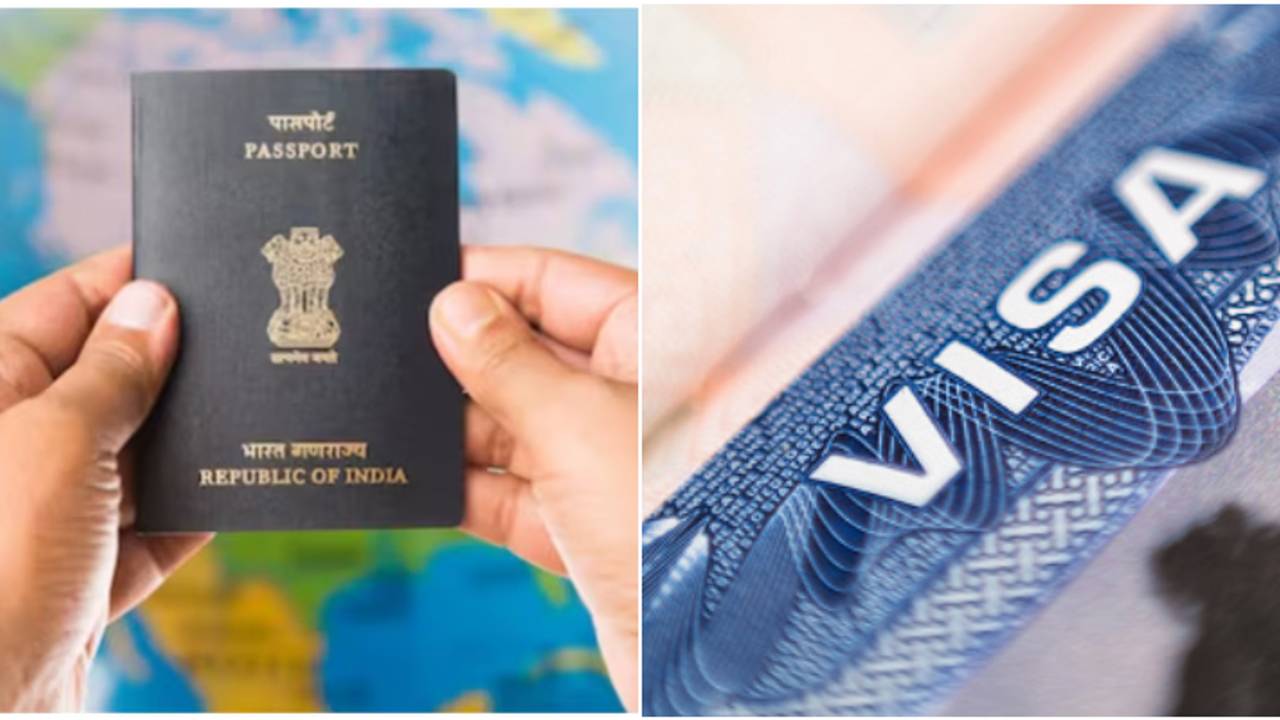Facing labor shortages, Russia is attracting Indian workers, with demand rising sharply. Projected shortfalls of 3.1 million workers by 2030 are driving increased foreign worker quotas.
As immigration doors begin to narrow in traditional destinations like the US, UK, and Canada, Russia is fast becoming a surprising new magnet for Indian talent. With labour shortages hitting industries across the board, Russian companies are actively looking to India to fill crucial gaps — from construction sites to electronics factories and heavy machinery plants.
Rising Demand for Indian Workers
India’s Ambassador to Russia, Vinay Kumar, says the demand for Indian professionals has picked up sharply in recent months. This surge is also putting pressure on consular services, which are now working to keep pace.
“At a broader level, there is a manpower requirement in Russia, and India has skilled manpower. So at present, within the framework of Russian regulations, laws and quotas, the companies are hiring Indians,” Kumar told Russian news agency TASS.
Russia’s Ministry of Labour projects a shortfall of 3.1 million workers by 2030. To plug this gap, the government will expand quotas for foreign workers by 1.5 times in 2025 — allowing about 230,000 qualified professionals to enter.
Early Arrivals and Consular Expansion
The first group of Indian workers touched down in Russia in 2024, starting with roles at the Za Rodinu fish processing plant in Kaliningrad, which was grappling with staff shortages. Since then, the inflow has been steady.
Andrey Besedin, head of the Ural Chamber of Commerce and Industry, expects around 1 million Indian specialists to arrive by the end of 2025, including many in the Sverdlovsk region. To support this growth, a new Consulate General will open in Yekaterinburg, helping with visas and other consular needs.
Sverdlovsk, with Yekaterinburg as its capital, is one of Russia’s industrial heartlands. Factories here, such as Uralmash and Ural Wagon Zavod — famous for producing the T-90 tank — are facing labour shortages due to workers being deployed in military operations and fewer young Russians choosing industrial jobs.
Growing Opportunities in High-Skilled Sectors
While many of the first arrivals from India took up jobs in construction and textiles, the demand is quickly shifting towards more advanced fields.
“Most of the people who have come are in the construction and textile sectors,” Ambassador Kumar noted. “But we are also seeing a rising need in high-end sectors like machinery and electronics.”
This shift could open doors for more skilled engineers, technicians, and specialists looking for international exposure.
Work Visas and Application Process
Russia offers a variety of employment visas for foreign nationals, including:
- Single-entry visas for short-term assignments
- Multiple-entry visas for longer-term jobs
- Highly Qualified Specialist (HQS) visas for professionals
- Work patents for self-employed individuals
Visa processing can take 5–30 business days, depending on the type. Applicants usually need a completed form, a valid passport, photographs, a work invitation, a medical certificate, proof of qualifications, and sometimes an employment contract. Expedited services are also available.
Embassy Issues Fraud Warning
Amid the growing rush for jobs, the Indian Embassy in Moscow has issued a caution against fraudulent job offers. Agents have reportedly been luring workers with tourist or business visas that do not legally allow employment.
The embassy clarified that such visas cannot be converted into work permits and urged Indians to verify opportunities before committing.
A Growing Indian Community in Russia
Today, about 14,000 Indians live in Russia, alongside 1,500 Afghan nationals of Indian origin. The community includes workers, professionals, and a significant number of students.
Around 4,500 Indian students are currently enrolled in Russian universities — nearly 90% of them pursuing medical education. Others are studying engineering, aeronautical design, computer science, agriculture, transport technology, and business management.
